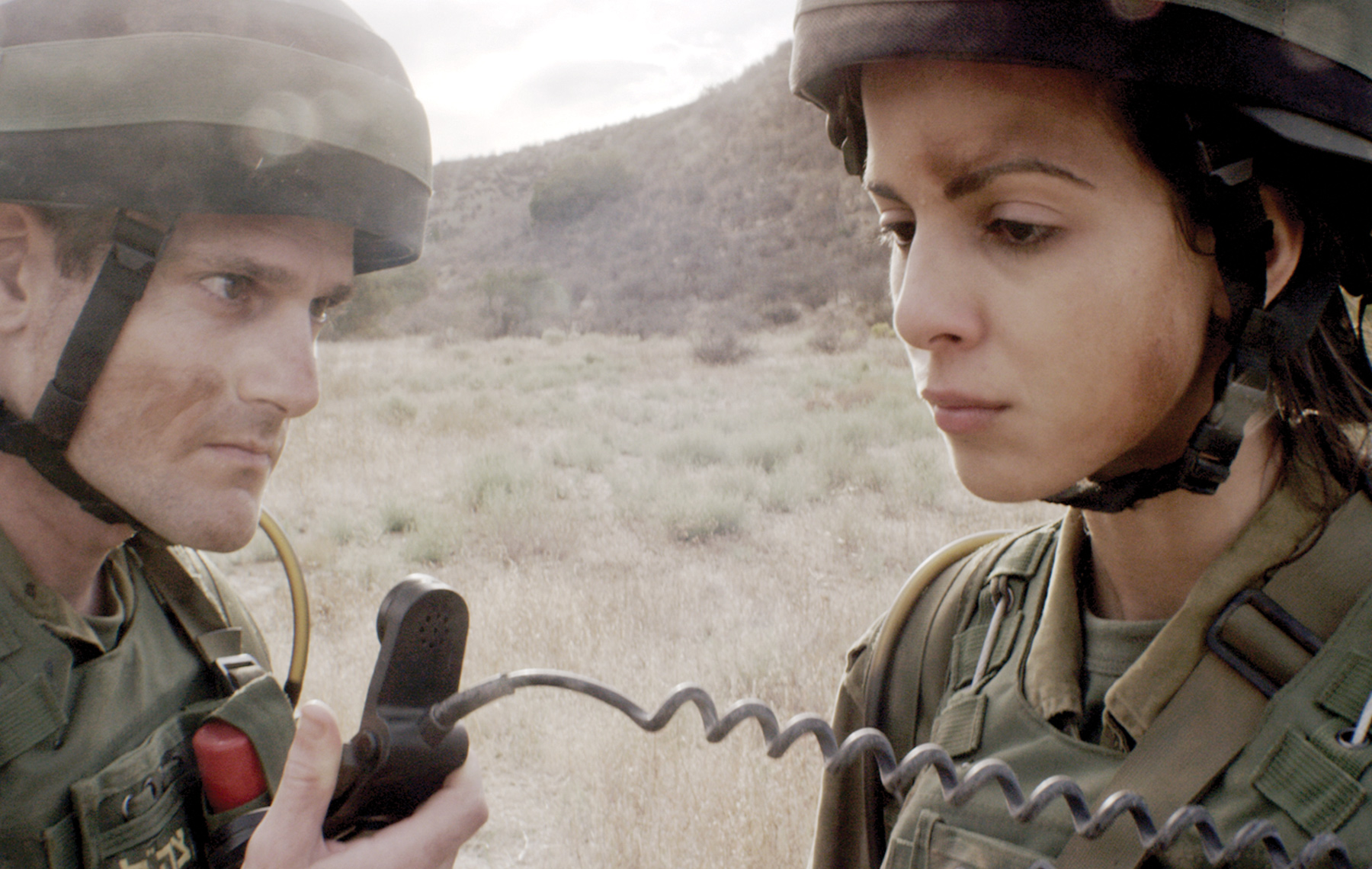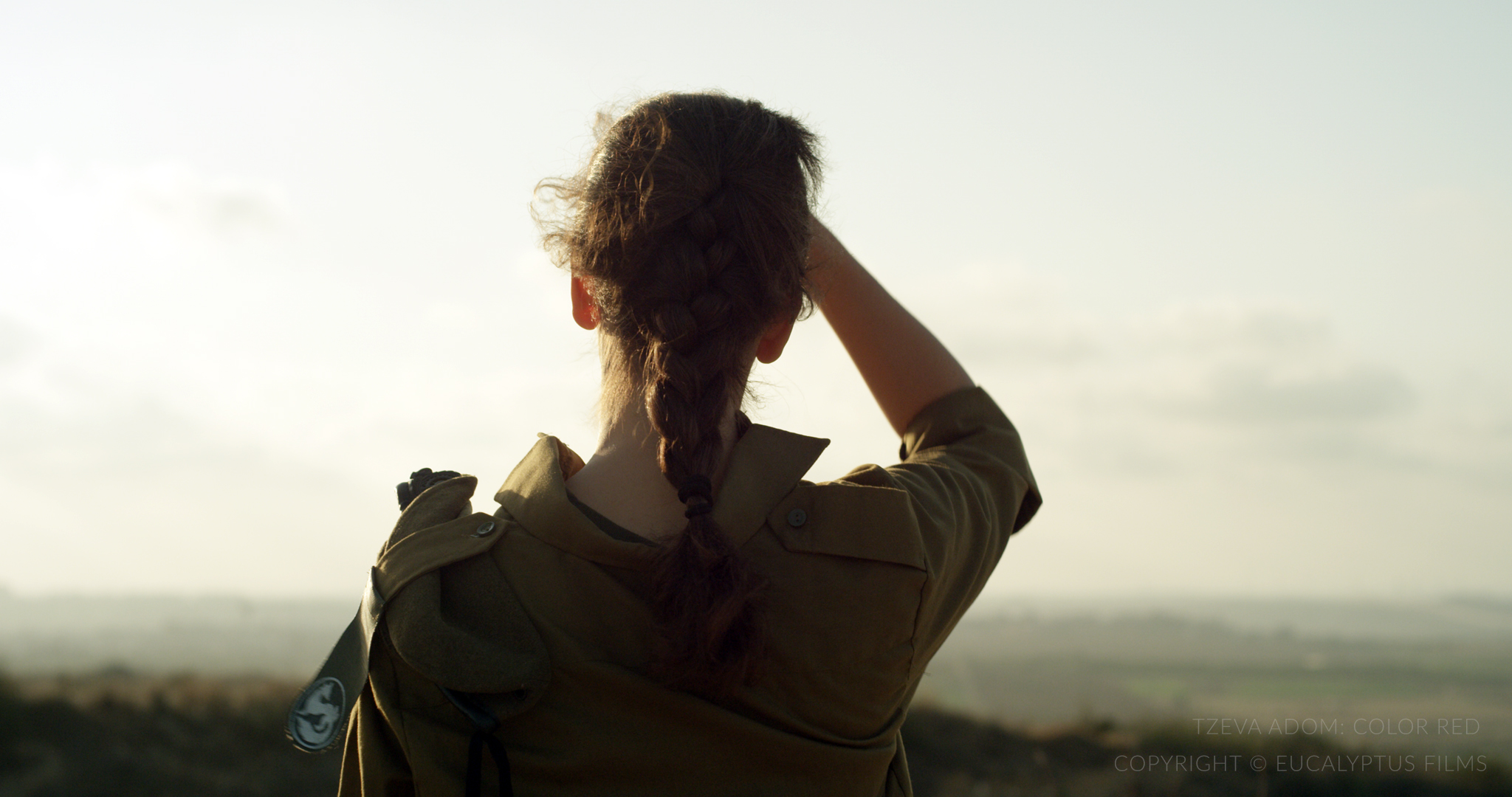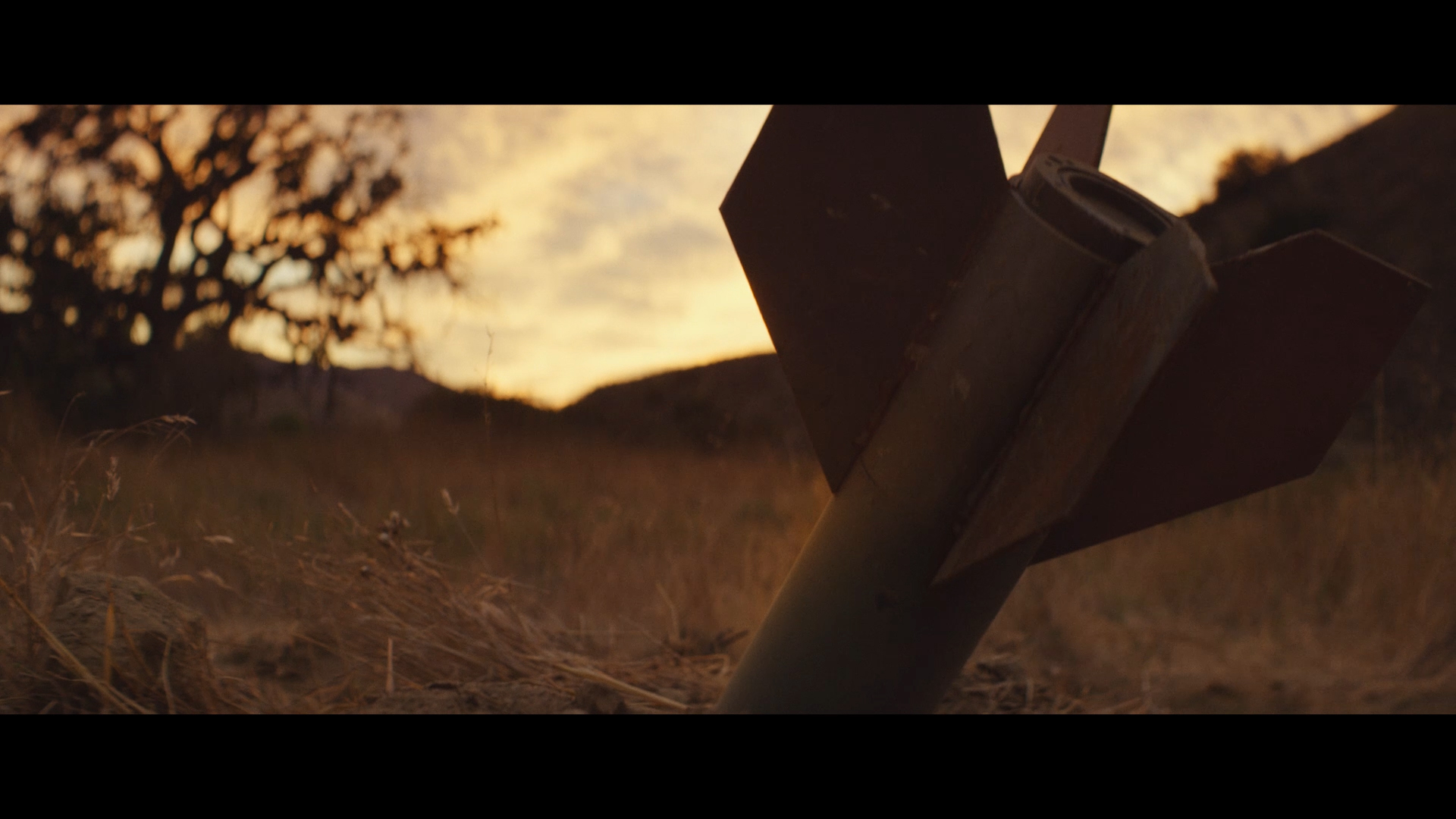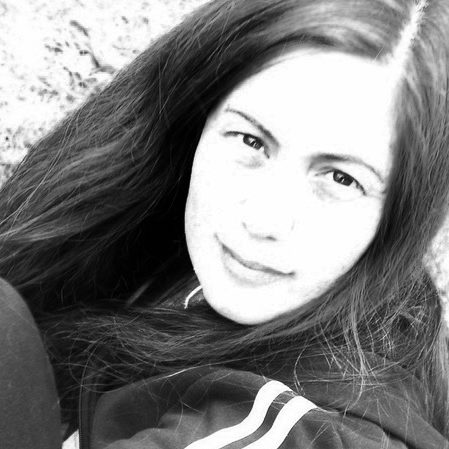 Ron Weisberg (left) and Shani Atias
in “Tzeva Adom: Color Red” Photo courtesy of Ecalyptus Films
Ron Weisberg (left) and Shani Atias
in “Tzeva Adom: Color Red” Photo courtesy of Ecalyptus Films In a short video clip in May of this year, Los Angeles director Michael Horwitz is chatting with Israeli actress Shani Atias. Producer Todd Felderstein is filming them against a glorious shot of the beach in Cannes on the French Riviera. The pair are discussing how Horwitz’s very first film, a 20-minute short called “Tzeva Adom: Color Red,” released in November 2017, is a finalist in the Cannes Film Festival’s Emerging Filmmaker Showcase.
Atias says she still can’t believe the success of the film in which she stars. “My agent told me [doing this film] would be ‘Trader Joe’s money,’ ” she quips of “Tzeva Adom,” which to date has won a slew of awards at festivals around the world, including the Los Angeles Cinema Festival of Hollywood and the San Diego and Los Angeles Jewish film festivals. It also was a semifinalist at the NBC Universal Shortfest, where it was one of 15 short films chosen out of 3,600 submissions. Most recently, it was screened last week at the 34th International Short Film Festival in Berlin.
A well-known actress in Israel, Atias’ star has been rising in the United States over the past few years, having landed roles in “NCIS,” “Shameless,” “CSI Cyber” and “Ten Days in the Valley.”
Despite the fact that Atias can now demand competitive wages, she said of “Tzeva Adom,” “I [told my agent], I love this story and I don’t care about anything else.”
Audiences seem to agree. “Tzeva Adom: Color Red” is named after the alarm in Israel that lets people know that rockets are being fired from Gaza. The plotline is simple but the questions the film raises are anything but.
The film follows the story of an Israel Defense Forces (IDF) soldier, Ronit, played by Atias, and Omar (Mohaned Abdulla), a young Palestinian boy who gets caught at the Gaza border. Tensions are exacerbated on social media as Ronit and Omar grapple with both cultural biases and what is morally correct.
Horwitz told the Journal the film “is a short of just 20 minutes but within that time conveys the drama and difficult circumstances that surround one of the most hotly contested borders on the planet.”
Shot in English, Hebrew and Arabic and filmed in Los Angeles (the Gaza border scenes take place in Simi Valley) and in Israel, the film tackles a difficult subject and refuses to take sides. In his program notes, Horwitz writes, “Our film tells the story from both sides of the border and ultimately presents a message of peace, tolerance, hope and responsible communication within the Israeli-Palestinian conflict.”

“Tzeva Adom” was part of the lineup at the recent 32nd Los Angeles Israel Film Festival. Coincidentally, on the night it was screened at the Laemmle Ahrya Fine Arts Theatre in Beverly Hills, earlier that day, close to 300 rockets were fired from Gaza into Israel in less than 24 hours.
At a Q-and-A after the screening with Atias and Horwitz, the director said, “It’s surreal. This morning I was getting ready to go to work and my phone was going off with the notifications of rockets being fired into Israel nonstop.”
He added, “It breaks my heart because I wish it would stop. I wish we could find a way to come up with new ways to have a dialogue, for people to connect with each other and stop this madness.”
Atias said, “I was reading the news all day and my heart was literally aching. It’s so hard to be out here in this bubble knowing that people are literally under tzeva adom.”
She also spoke of how challenging the role of Ronit was, to embody and play a nuanced nonradicalized soldier. “It’s easy to play the radical soldier like my fellow solider you see on the screen,” she said. “It was important for me to show that it’s not black and white. Not all of us are like the soldiers you see on CNN.”
Also in attendance at the screening was 21-year-old Wiley Jawhary, making his acting debut in the film, as one of the two Palestinian brothers caught along the Gaza border by IDF soldiers.

Jawhary, a broadcast journalism major at Cal State Long Beach, spoke with the Journal before the screening. His parents are Lebanese and while he has been to Lebanon, he’s never traveled to Israel.
“I’m not too familiar with the deepness of the politics [in the region],” he confessed. “I do know there’s drama all over the place when it comes to politics and Israel.”
He noted that family members who saw the film started discussing the political ramifications of the movie, but Jawhary said, “Let’s just try and look at this film as a way [toward] peace.”
Horwitz believes it’s this lofty goal that has brought the film so much success. That and his writer, C. Ashleigh Caldwell, whom he credits with creating the nuanced script. “I gave her all my ideas and she created this incredible screenplay with really great restraint,” he said.
As Jawhary said, “I try to tell people who want to get into the politics of the film that at the end of the day, people are dying on both sides. Let’s just try to focus on the peaceful twist to things. Let’s try to start a new story.”





















 More news and opinions than at a Shabbat dinner, right in your inbox.
More news and opinions than at a Shabbat dinner, right in your inbox.